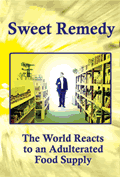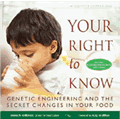SUCCESS IN NORWAY: ALUMINUM ELIMINATED AS A FOOD ADDITIVE FOR FISH
by
Attorney Scott Tips, JD
March 9, 2014
NewsWithViews.com
Chairman Bjorn Knudtsen and Scott Tips, 18 Feb 2014
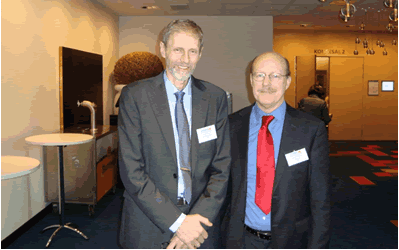
Despite Winter’s frosty embrace, the Sun and the Norwegians conspired to overwhelm the cold and provide a warm reception for the nearly 180 Codex delegates gathered here in Bergen, Norway in mid-February 2014 for the Thirty-third meeting of the Codex Committee on Fish and Fishery Products (CCFFP).
Chairman Bjorn Knudtsen – a tall drink of water but one who never seemed to look down at others –ran the CCFFP meeting very professionally and with friendliness but little slack. Although the National Health Federation (NHF) has been attending Codex meetings for nearly 20 years now, this was the first CCFFP meeting that NHF attended, primarily because it has been typically of only marginal importance to us. (We had bigger fish to fry, so to speak.)
This year, however, NHF saw an opportunity to build upon its success at the March 2013 Codex Food Additives Committee meeting in Beijing by swooping in to this Norwegian meeting and ensuring that sodium aluminum phosphate was eliminated as a food additive from fish and fish batters. NHF’s delegation – local NHF-Norway leader Ilse Van de Wiele and I – succeeded in that task and at a cheap cost, so attending the meeting was worth the $750 it cost us.
It is important to remember that the European Union (EU) is also to be thanked for the elimination of aluminum food additives from our global food standards. The NHF has worked with the EU to ensure aluminum’s removal at every opportunity and the EU delegation has been adamant that this dangerous food additive must be removed.

Radisson Blu Hotel,
Codex Meeting location
Animals Should be Treated Humanely
Codex is blind to the humane treatment of animals. It is not in the Codex mandate to even consider whether fish and other animals are treated humanely prior to slaughter. As the U.S. argued in its written submission, “Codex has a mandate to protect the health of consumers and promote fair trade practices. Animal welfare is not part of the Codex mandate (it is within the purview of the World Organization for Animal Health), so there is no rationale for including consideration of the ethics of fish slaughter in a Codex document.”
While this is technically and superficially correct, NHF argued in its own written submission that this is short-sighted thinking and a mis-application of the Codex mandate to ethical animal slaughter for the following reasons: “(1) Animals (including fish), in anticipation of imminent slaughter, will produce elevated cortisol (stress hormone) levels that spike and are then absorbed into the animal tissue; (2) Humans then will consume this cortisol, which has been shown to be detrimental to human health; and (3) Therefore, it is clearly within the Codex mandate of protecting the health of consumers that animals be slaughtered in as humane a way as possible so as to minimize cortisol and other dangerous stress compounds in animal tissue that is then consumed by consumers. Perhaps most ironically, then, the ethical treatment of animals inevitably leads to better health for those humans. Therefore, there is most definitely a rationale for including consideration of the ethics of fish slaughter in this Codex document."
The NHF’swritten submission was the only written document arguing for the “humane”handling and slaughter of animals for food. In essence, NHF argued that humane treatment of animals was in humanity's own best interest. This paper was read by the delegates and we received some very positive feedback on it.
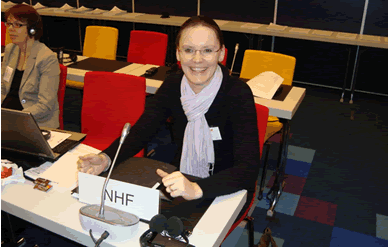
Ilse Van
De Wiele
Carrageenan
Carrageenan
is a sulfated polysaccharide food additive derived from red seaweed
and commonly used in processed foods. In its degraded form, however,
it has been shown to be dangerous to human health, and is implicated
in cancer. In the U.S.-chaired Working Group meeting that week, NHF
also strongly argued for the elimination of carrageenan and received
an open-minded reception from the WG chairman as well as others; but,
in the end,we were referred to the Food Additives Committee since the
CCFFP takes its direction on carrageenan from that Committee. NHF intends
to address this issue there.
Other Issues
The “hot topic” issue at the meeting, however, was not aluminum but rather scallops and the development of a Code of Practice for scallop products. Much debated by the delegates, this agenda item consumed an appreciable portion of the Committee’s time and energy.
|
Biotoxin assays were equally at play here, and the United States delegation led the way for a compromise that will see a Codex standard for detecting biotoxins in shellfish adopted by the Codex Alimentarius Commission at its next meeting.
All in all, the trip was a very cost-effective success for NHF.The Committee plans to conduct electronic Working Groups to continue work on additives, histamine, and other issues in preparation for the next CCFFP session; and NHF will continue to monitor the topics that concern its members.
� 2014 - Scott Tips - All Rights Reserved




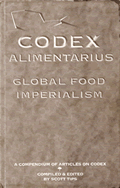



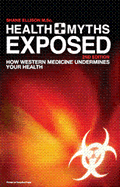




 Share
This Article
Share
This Article




